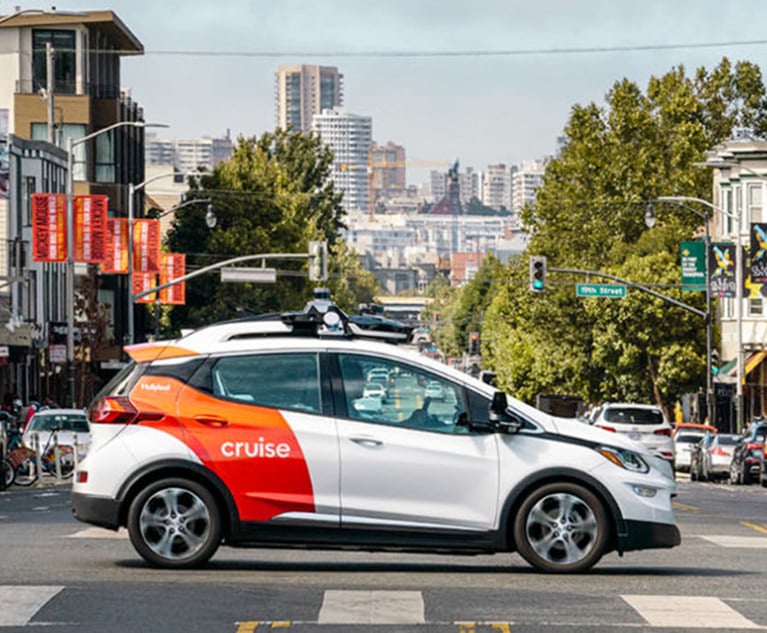Generally speaking, algorithms are procedures for solving mathematical problems in a systematized finite number of steps. In contemporary economic settings, algorithms involve technologies that, by aggregating and sorting through historical data, help service providers better understand market pricing in their respective industries. They have become instrumental to the modern-day digital economy. Market sectors such as the car rental industry, hotels, property managers, and even the government (i.e., for toll roads) are a few of the many economic actors presently utilizing algorithms that better serve their customers, ensure fair and reasonable pricing, and prevent excessive shortages and surpluses.
The economic benefits realized from generative AI are nothing short of astounding. Some estimates predict it will increase global gross domestic product by nearly $7 trillion and productivity growth by a full 1.5% over the next 10 years. That is why it is so concerning that the Department of Justice, the Federal Trade Commission, and a small choir of members of Congress seem intent on regulating algorithms away from the economy on antitrust grounds.









